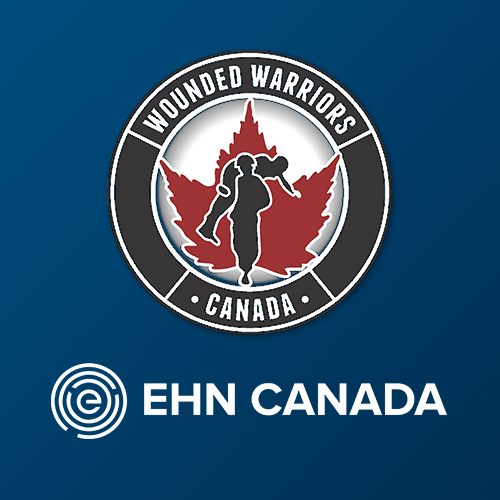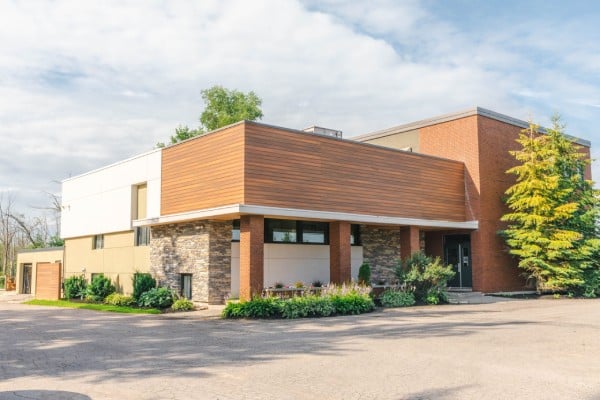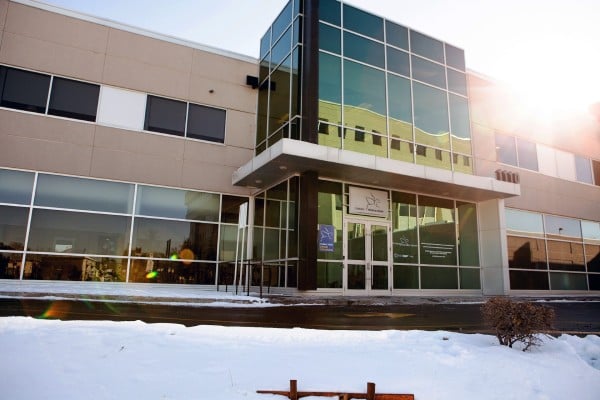PTSD and Psychological Trauma Treatment
Whether you’ve experienced trauma at home or in the workplace, we can equip you with the coping skills you need to live a life without fear.

What is Post-Traumatic Stress Disorder (PTSD)?
Trauma is an umbrella term that encompasses:
- PTSD from recurring, distressing events experienced in relationships or at work,
- Operational stress injuries (OSIs) from frontline work, and
- Moral injuries from participating in or witnessing acts that go against your beliefs.
PTSD is an anxiety disorder that mayoften develops after a traumatic event or series of events, like a car crash, assault, abuse, death of a child, a natural disaster, war, combat, or childhood neglect. It is characterized by unwanted memories of the event, hyperarousal, flashbacks, and avoidance behaviours. Long-term, chronic trauma can affect a person’s ability to form healthy, trusting relationships and even function effectively on a day-to-day basis.

Signs of Trauma in the Workplace
A highly demanding career can take its toll on an individual’s wellbeing. Those who work as first responders, healthcare professionals, or in the military are more likely to experience traumas based on their line of work. The associated struggles with mental health and substance use only compound the problem further.It is important for employers to be mindful of traumatic incidents which their employees experience, as they may need counselling and therapy.
Psychological trauma can also be experienced in interpersonal settings, including sexual assault, abuse, domestic violence, childhood events, physical injuries, or work-related incidents. The pain and isolation of trauma and PTSD can be debilitating for many individuals, affecting work, family, and relationships.
Someone who is suffering from trauma may:
- Avoid activities or places that trigger memories related to the traumatic event
- Are withdrawn from others
- Are easily startled
- Appear depressed or anxious

Our Approach to Trauma Treatment
We employ evidence-based treatments, like Cognitive Behavioural Therapy (CBT) Dialectical Behavioural Therapy (DBT), and Cognitive Processing Therapy (CPT) to help you learn how to face triggers, manage intense emotions, and engage in activities that bring you joy.
Those who experience PTSD can have a higher risk of developing unhealthy coping habits, sometimes turning to substance use to manage the psychological pain. When mental health disorders are linked and co-exist, the best path to recovery is to address the conditions together.
Our concurrent treatment approach means we can help you manage not only trauma, but also associated addictions at the same time.
You’ll work with an interprofessional team of clinical experts – including doctors, nurses, psychotherapists, counsellors, social workers, and occupational therapists – who are experienced in trauma-informed treatment and dedicated to your success.

Lasting recovery begins with finding the right treatment option
We offer separate trauma programs for the military, healthcare, and first responder community and for those outside these groups. By serving you in small cohorts of individuals with similar backgrounds, we create an empathetic community where you can feel comfortable opening up.
Across our network of facilities, we offer dedicated spaces for our military, veteran, first responder, and frontline healthcare worker community. Edgewood’s Ferguson Building in Nanaimo, BC, and EHN Guardians Gateway in Peterborough, ON, cater exclusively to this clientele.
EHN Bellwood Nova Scotia in Annapolis County, NS and French-language facility EHN Nouveau Départ Montréal in QC provide specialized treatment for concurrent trauma and addiction in a supportive setting that’s shared with the general patient population.
EHN Bellwood Toronto is home to our Trauma Recovery Program for those struggling with interpersonal trauma, including sexual assault, abuse, domestic violence, childhood trauma, physical injuries, and work-related incidents.
Every aspect of treatment – from the structure and tight-knit community, to the evidence-based approach and limited distractions, and one-one-one and group counselling – is carefully selected to support your success.

Concurrent Trauma & Addiction
Our medical experts carefully monitor each patient and provide the recommendations needed to promote your recovery. For example, if you’ve turned to substances to find an escape from trauma, we can also help you build the skills you need to break free from addiction.
Aftercare
Every patient has different needs for maintaining lifelong recovery. The longer you participate in aftercare after inpatient treatment, the better your chances of sustaining your progress.
You may benefit from additional time in the inpatient recovery community, via Edgewood’s Extended Care Program, during which you’ll learn the life skills you need to reintegrate back into life at home or at work.
Another popular post-treatment option is joining an online Intensive Outpatient Program through which you can practice the skills you learned during treatment in a structured and supportive environment. Doing so can help you transition out of the protective setting of our facilities, and work towards maintaining recovery in the long-term. Many graduates of our programs are leaders in our national alumni community, so you can connect with others in recovery who share your goals and experiences.
If your employer referred you for PTSD and OSI treatment, we’ll liaise with them to help them understand your needs and ensure a smooth transition back to work.

Our Partnership with the Wounded Warriors Project
Not all wounds are visible. It’s why EHN Canada has partnered with Wounded Warriors Canada, a non-profit organization dedicated to helping veterans and active-duty service members living with PTSD.
Through this partnership, our clinical team receives specialized training to effectively treat active military service members, veterans and first responders including the innovative new occupational awareness training course, Introduction to Trauma Exposed Professionals. This course was clinically developed for healthcare workers who support trauma-exposed professionals to help them better understand the unique work, culture, and operational stressors of military service members.
Through this partnership, EHN Canada is proud to provide funding that ensures members across their military and first responder healthcare teams have access to the course. And together, we are creating an environment of compassion, resiliency, and hope for those who have dedicated their lives to serving Canadians.
To find out more about Wounded Warriors Canada, visit their website.
Related Programs
We have inpatient, outpatient, and online programs at our PTSD treatment facilities that can guide you towards lifelong recovery. Learn more about each program.
Trauma Recovery Program
Trauma & Psychological Injury Program
Trauma & Psychological Injury Program
Concurrent Trauma and Addiction Program
Concurrent Trauma and Addiction Program
Workplace Trauma
Featured Locations
With OSI and PTSD treatment facilities all over the country, EHN Canada makes it easy to find help.

EHN Bellwood Toronto
Toronto’s Leading Addiction and Mental Health Services Evidence-based treatment for addiction and mental health disorders in the heart of the city.


EHN Edgewood Nanaimo
Private Addiction Treatment on Vancouver Island Evidence-based treatment for addiction recovery and mental health treatment


EHN Guardians Gateway
Trauma and Addiction Treatment Created for Military, Veterans, and First Responders. At EHN Guardians Gateway in Peterborough, Ontario (approximately 1.5 hours outside of Toronto), we’re proud to offer our clients evidence-based treatment for trauma and addiction. And it is all designed with the unique needs of active service members, veterans, first responders, and healthcare providers […]




EHN Nouveau Départ Montréal
For over 30 years, Clinique Nouveau Départ – EHN Canada has offered specialized inpatient and outpatient services to anyone requiring addiction or mental health treatment.






